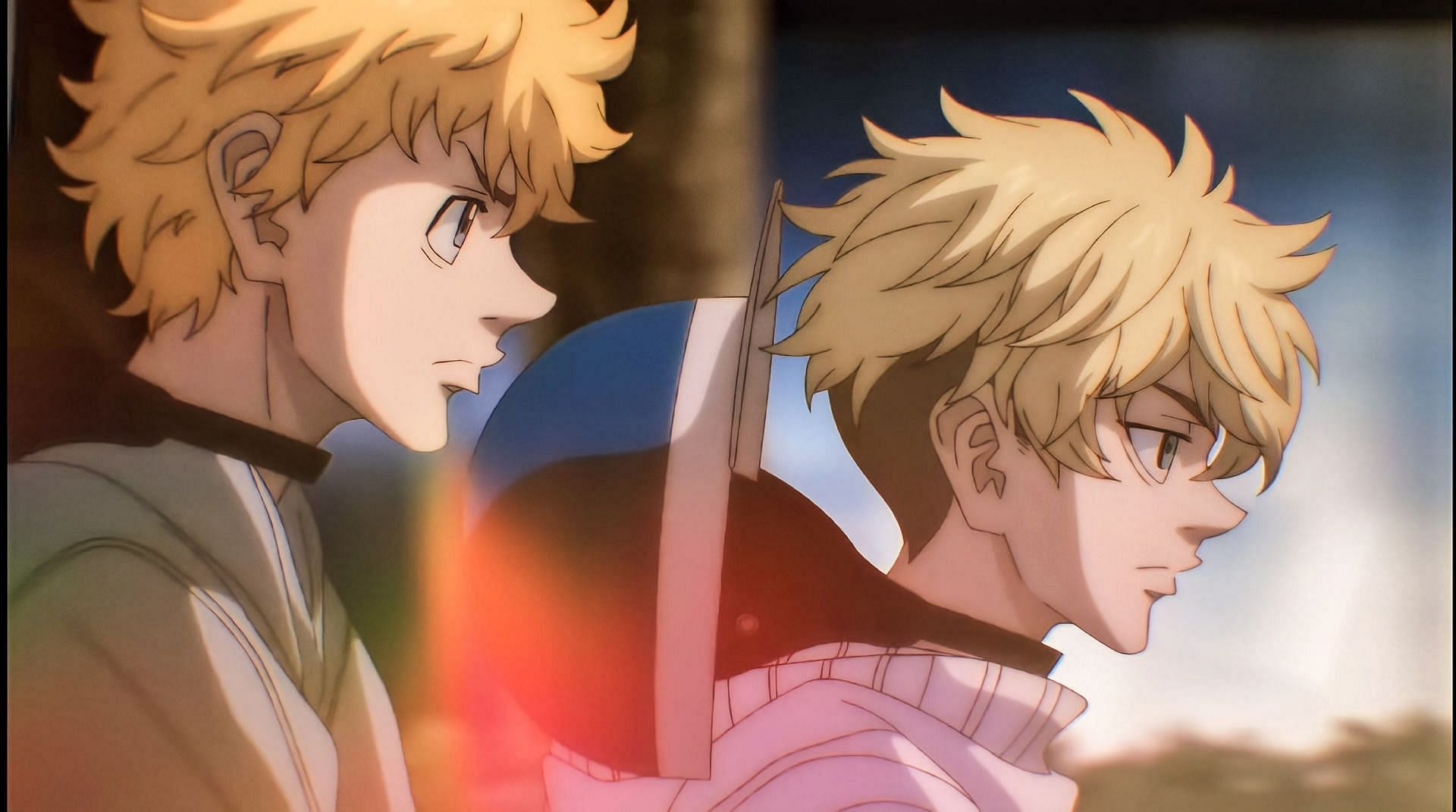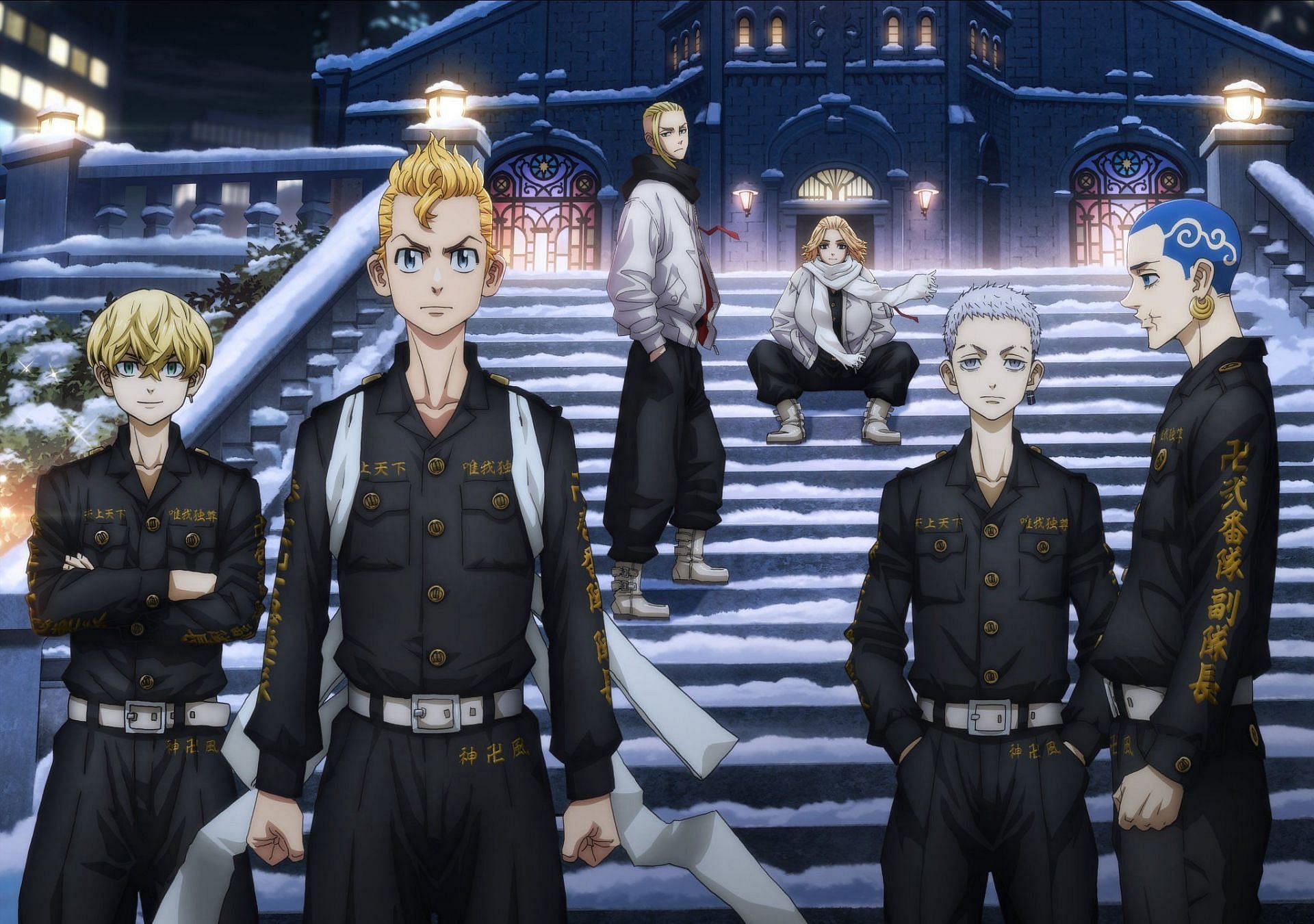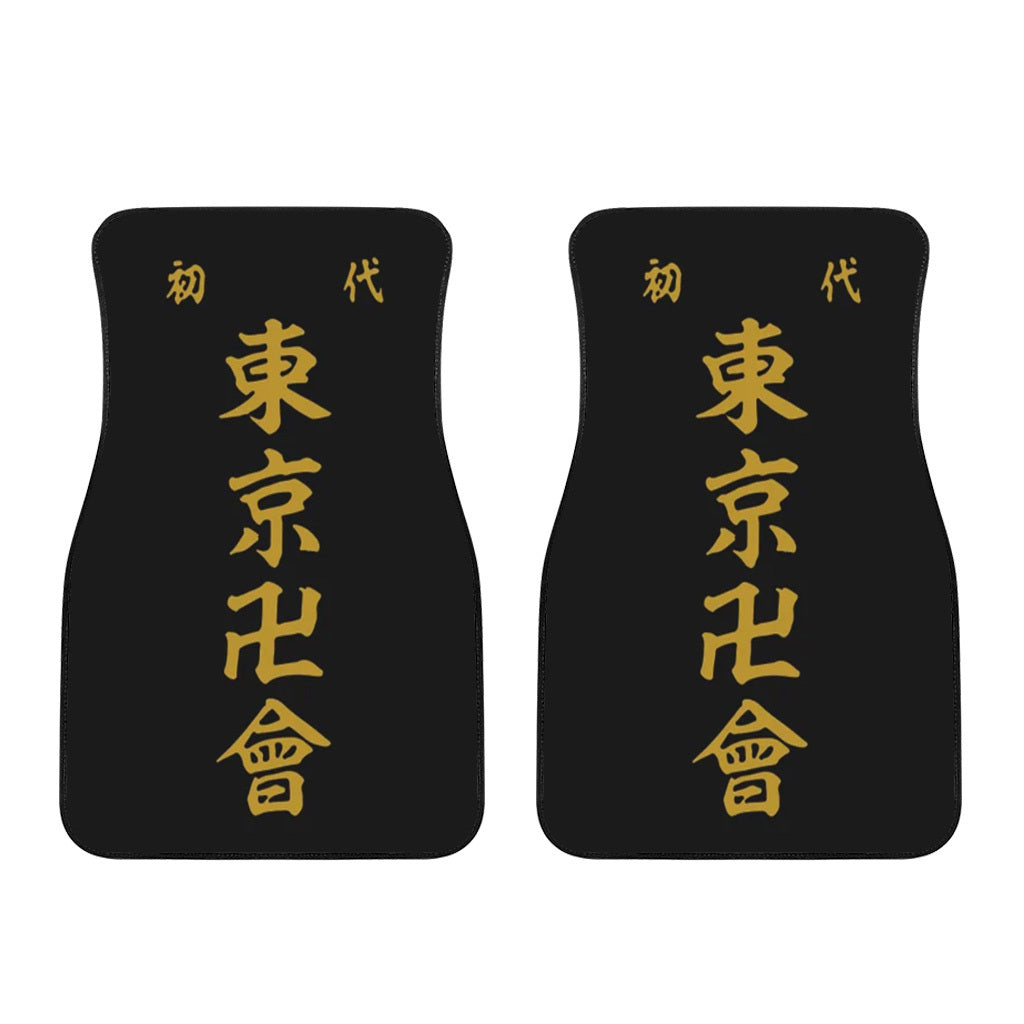
Tokyo Revengers initially captivated fans worldwide with its manga debut, and anticipation soared even higher with the announcement of its anime adaptation. However, the series has encountered a significant drop in viewership since the release of its second season. This is not an uncommon occurrence in the anime and manga industry, as various factors can contribute to such drastic changes. In the case of Tokyo Revengers, there are three key issues that have negatively impacted its viewership and left fans disappointed.
- Choice of Streaming Platform: One primary reason behind the decline in viewership can be attributed to the choice of streaming platform. Disney+ acquired exclusive rights to stream the anime series, resulting in it not being available on platforms like Crunchyroll. Crunchyroll has established itself as one of the premier anime streaming platforms, and the lack of marketing efforts from Disney+ may have played a role in the drop in viewership. However, this is just one aspect contributing to the overall issue.
- Failure to Deliver Quality Details: One of the major factors contributing to the show’s failure lies in the quality of the writing, plot, and overall execution by the animation studio.
Tokyo Revengers falls under the shonen genre, and the well-drawn fight sequences and the excitement they generate are essential elements that make it enjoyable. Fans expected a plethora of exhilarating fight scenes, but unfortunately, the execution fell short of expectations. The fight sequences lacked intensity and failed to resonate with the audience. Additionally, the character development for the main protagonist did not strike a chord with viewers on a significant level.
Moreover, fans expressed dissatisfaction with the plot, as several characters’ backstories remained unexplored, even though the manga had concluded. These unresolved storylines created a sense of dissatisfaction and left fans wanting more.
- Plot Inconsistencies: Throughout the series, numerous plot inconsistencies arose, particularly concerning the time travel aspect, which plays a crucial role in the progression of the story. The mechanics and rules of time travel within the Tokyo Revengers universe were poorly explained, resulting in considerable confusion among viewers, particularly during the manga’s ending.
The author, Ken Wakui, aimed to achieve a satisfying and happy ending by having Mikey fatally wound Takemichi, only to have them return to the original timeline with their memories intact. They then worked together to unite all gangs in Japan, preventing conflicts and the deaths of their loved ones. However, the execution of this ending left much to be desired, with poor writing and several loopholes. The dissatisfaction among manga readers regarding the final arc likely influenced a significant portion of the fanbase’s decision not to continue with the anime adaptation.

Additionally, the animation quality for Tokyo Revengers Season 2 has been a point of contention. The fight scenes lacked fluidity and dynamic animation, with choices in camera angles appearing lackluster. These fundamental issues, coupled with the other concerns mentioned, have contributed to Tokyo Revengers’ underperformance.
Conclusion: Tokyo Revengers Season 2 has encountered a decline in its fanbase due to a combination of factors. The choice of streaming platform, failure to deliver high-quality details in terms of writing, plot, and animation, as well as plot inconsistencies, have all played a role in disappointing viewers. While the series still has dedicated fans, addressing these issues will be crucial for revitalizing the enthusiasm surrounding Tokyo Revengers and regaining the lost fanbase.
We bring out some of the most well-known Tokyo Revengers Collection, all of which are available at reasonable costs. Visit our link now if you are interested in the Tokyo Revengers Collection


Masawei,Time Leaper,Peke3,Manjiro,Izana